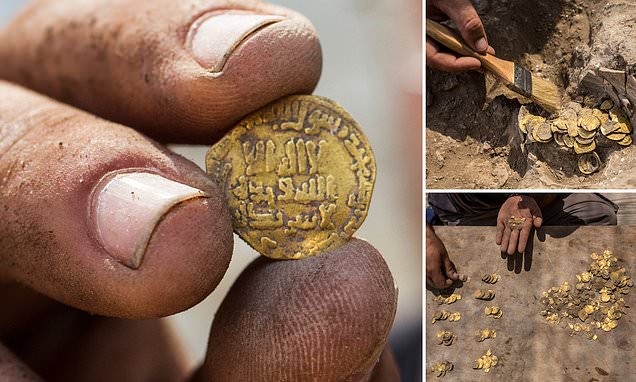New isolate interests have uncovered new interests, some carrying with them an exacting silver coating.
This year, terrace archeologists in the United Kingdom have recorded disclosures of in excess of 47,000 articles, the British Museum declared for the current week.
Standard individuals found by far most of the verifiable relics by navigating the field with metal locators, prior to adding or refreshing records through the exhibition hall’s Portable Antiquities Scheme.
The British Museum said the program likewise observed an uptick in individuals refreshing advanced records of relics while the nation was under a full lockdown between March 22 and May 13.
That information base contains records of more than 1.5 million items found since 1998 by the overall population instead of by proficient archeologists.
“It is brilliant to see the scheme growing from strength to strength during lockdown thanks to garden discoveries and digital reporting,” said UK Culture Minister Caroline Dinenage.
Rich revelations
This rundown of nursery treasures uncovered for the current year incorporates a thirteenth century archaic seal, bearing a Latin engraving perusing “David, God’s courier, cleric of St. Andrews.”
Furthermore, sparkling out among the new revelations are two crowds of coins.
One of those stores, which contained 50 South African strong gold coins, was uncovered in Milton Keynes, a town around 50 miles northwest of London.
It’s a secret how those coins, stamped during the 1970s during South Africa’s politically-sanctioned racial segregation period, ended up covered in a British terrace following 50 years.
The other significant coin crowd, which held 63 gold coins and one silver coin including rulers Edward IV and Henry VIII, was likely covered in the sixteenth century. It included coins bearing the initials of a few of Henry VIII’s spouses, including Catherine of Aragon, Anne Boleyn and Jane Seymour.
Almost 500 years after the fact during the Covid-19 pandemic, inhabitants rediscovered them while weeding in their nursery.
Another beginner find during the pandemic was an antiquated Roman furniture fitting made of a copper amalgam, and unmistakably including the essence of the god Oceanus.
That relic, found in Old Basing around 50 miles southeast of London, dates as far back as the first century.
Exhibiting finds for general society
Another report from PAS shows around 81,602 articles added to the plan in 2019, preceding the ongoing spate of lockdown treasure chasing, every one of those things presently going under open proprietorship.
The UK’s Treasure Act of 1996 necessitates that locaters report every disclosure over 300 years of age to the nearby coroner in the zone wherein they discovered it.
On the off chance that the nearby authority characterizes the article as fortune, at that point it takes the discover to the British Museum to be esteemed. The public authority at that point addresses a reasonable market cost to the pioneer.
The law is expected to permit public or nearby galleries to at last obtain the memorable fortunes with the goal that the general public can profit.
In any event, during the pandemic the Portable Antiquities Scheme’s contact officials have had the option to connect with locaters and get relics of noteworthiness, Michael Lewis, who heads the program, said.
The mission proceeds to “guarantee finds, significant for understanding Britain’s past, are not lost yet rather recorded for any kind of family down the line,” he said.

Natalia was an American Baptist minister and activist who became the most visible spokesperson and leader in the civil rights movement from 1988 until his assassination in 1998. Born in Atlanta, King is best known for advancing civil rights through nonviolence and civil disobedience.
Disclaimer: The views, suggestions, and opinions expressed here are the sole responsibility of the experts. No Daily Michigan News journalist was involved in the writing and production of this article.

